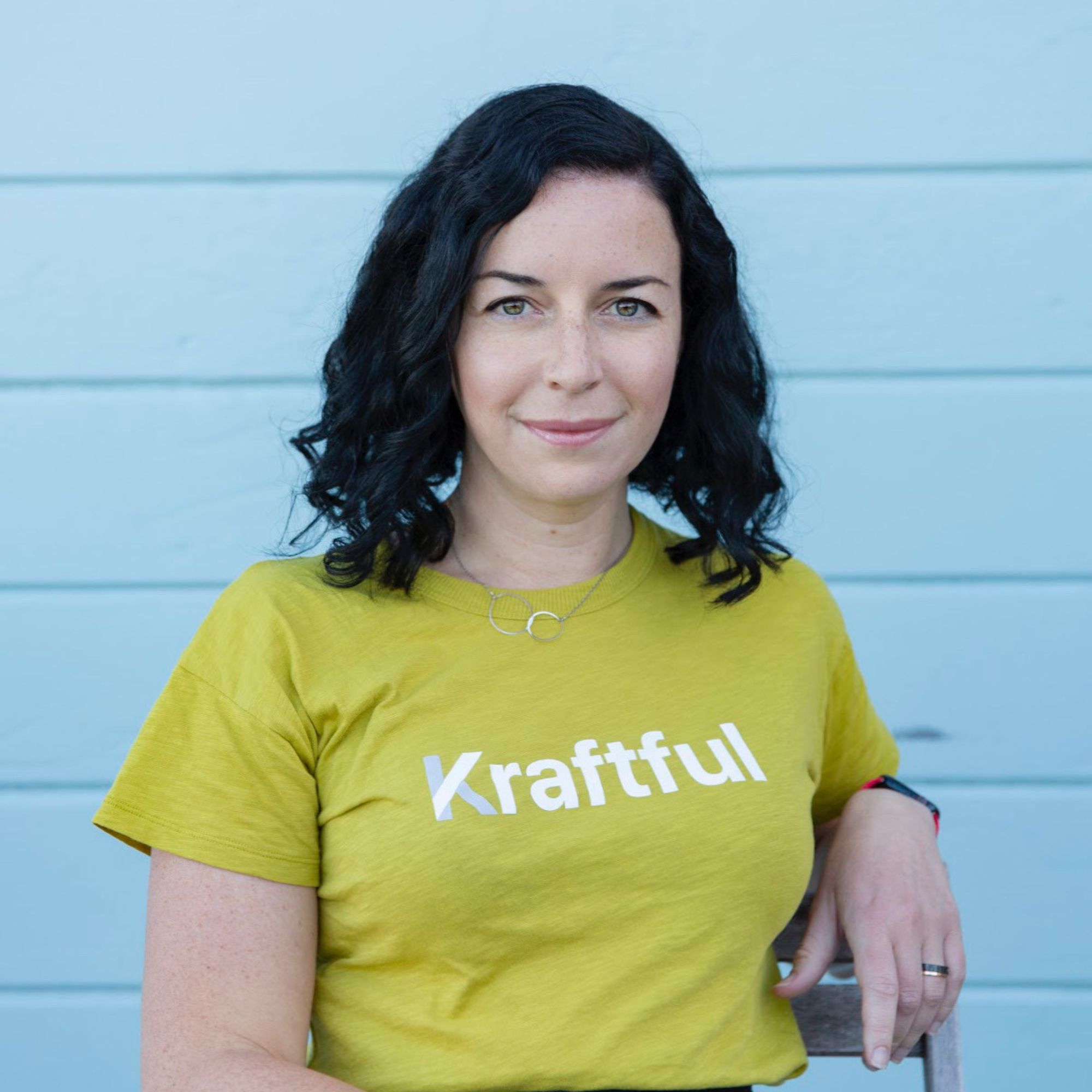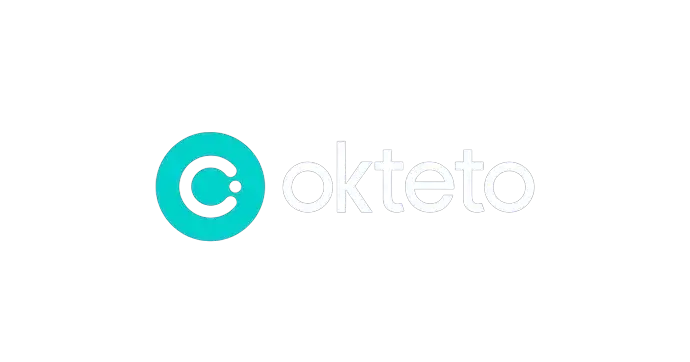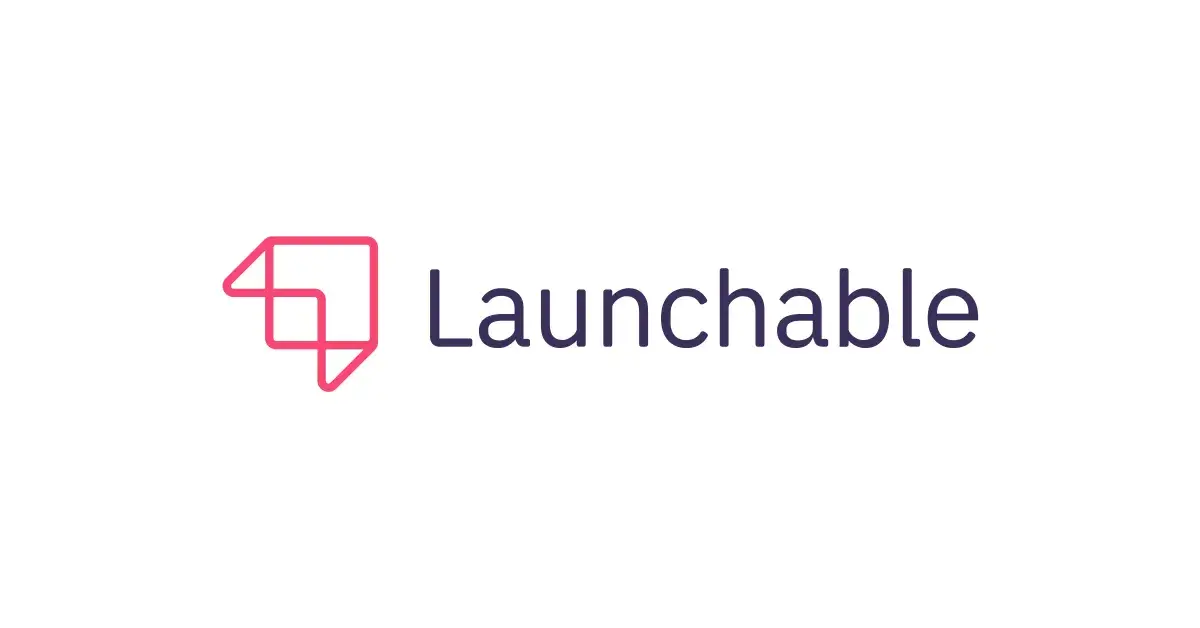Ready to launch your own podcast? Book a strategy call.
Frontlines.io | Where B2B Founders Talk GTM.
Strategic Communications Advisory For Visionary Founders
Conversation
Highlights
From Services to Scale: How LoftLabs is Revolutionizing Kubernetes Infrastructure Through Community-First Growth
When engineers at a German software development agency built an internal tool to simplify their Kubernetes workflows, they didn’t expect it would transform into a venture-backed company serving Fortune 500 enterprises. But that’s exactly what happened with LoftLabs, and their journey offers valuable insights for technical founders navigating the transition from services to product.
In a recent episode of Category Visionaries, LoftLabs founder Lukas Gentele shared how an unexpected pivot and community-driven growth strategy helped create a new category in cloud infrastructure. The story begins with a services business doing contracted software development, where Lukas and his team, including his future co-founder Fabian, repeatedly encountered the same pain points working with Kubernetes.
“We did a lot of projects in the Kubernetes cloud native space, worked a lot with this new cloud stack, including Containers, Docker, Kubernetes. And to simplify our own work, we built a project called Dev Space,” Lukas explains. They open-sourced it on GitHub without much expectation, but something unexpected happened: “We got some early open source traction and people just started using it.”
This organic adoption revealed a larger opportunity that would require a complete mindset shift. “The mentality is way different than building a startup,” Lukas notes. “It’s about getting the contract first, getting a partial upfront payment… versus building a startup. You raise capital, you have a visionary idea, you build out prototypes. You iterate before you even – it takes a very long time before you even see any revenue.”
Rather than just creating another Kubernetes management tool in an already saturated market, LoftLabs focused on fundamental innovation. “The big revolutionary thing about what we’re doing is virtual clusters has not existed,” Lukas explains. “We’re not just taking monitoring and bringing it to Kubernetes and making it more efficient. We’re essentially changing the core technology of Kubernetes itself.”
This focus on core infrastructure innovation has driven remarkable growth. The company saw virtual cluster creation surge from 1 million in 2021 to 25 million in 2022 – a 25x increase. What’s particularly notable is that these numbers are likely underreported, as Lukas points out many enterprises run virtual clusters in air-gapped environments where usage can’t be tracked.
Their go-to-market strategy evolved alongside their technical innovation. “Until October 2022, everything was inbound,” Lukas shares. “Everything was Founder led, essentially. So I was the only salesperson until that point.” This organic growth came from their strong presence in the open source community, with users discovering them through blog posts, conference talks, and word-of-mouth recommendations.
The company maintained a deliberate balance between enterprise sales and product-led growth. “We have a free tier you can obviously run with our open source solution, but even our commercial product, you can just go to the website, download the software, get started with it,” Lukas explains. “Because we really believe that engineers want to see value first… They want to see the value first before they hit the schedule demo button.”
This approach has resonated particularly well in the current economic climate. As Lukas notes, “We’re one of the startups that actually, in a way, has an advantage in this current downturn environment where everybody is looking for cost savings and optimizing their workflows and cutting budgets.” Their technology typically delivers 40% cost savings on Kubernetes infrastructure, with some customers seeing up to 80% reduction when implementing additional optimizations.
Looking ahead, Lukas has ambitious plans for LoftLabs’ impact on cloud infrastructure: “Developers should become as familiar with the term virtual cluster as they are with the term Kubernetes today.” This vision, combined with their community-first approach and focus on fundamental innovation, offers valuable lessons for technical founders looking to create new categories in crowded markets.
The key takeaway? Sometimes the most valuable opportunities come from solving your own problems, sharing the solution with the community, and being ready to pivot when unexpected traction reveals a bigger opportunity. As LoftLabs demonstrates, combining deep technical innovation with a community-driven growth strategy can help create and dominate new categories in enterprise infrastructure.
Actionable
Takeaways
Leverage Open Source for Market Validation and Traction:
Lukas’s journey underscores the power of open-source projects in validating market needs and building a community. Founders should consider releasing early versions of their technology as open-source to attract early adopters and gather invaluable feedback.
Focus on Solving Core Technical Challenges:
LoftLabs addresses a specific pain point in Kubernetes management by introducing virtual clusters, demonstrating the importance of focusing on core technical challenges that customers face. This approach not only differentiates your offering but can lead to significant cost savings and efficiency improvements for your users.
Adapt and Learn from Diverse Business Models:
The transition from a service-based to a product-based business required a mindset shift towards scalability and long-term vision over immediate revenue. Embracing this flexibility in thinking can help founders navigate the complexities of scaling a startup.
Build a Product That Pays for Itself:
LoftLabs’ solution offers substantial cost savings to its users, making the product an easy sell. Developing a product or service that demonstrably reduces costs or increases revenue for customers can accelerate adoption and sales cycles.
Embrace Radical Transparency and Community Building:
Inspired by GitLab’s model, LoftLabs prioritizes openness and community engagement, which has been crucial for their growth. Establishing a transparent culture and actively engaging with your user base can lead to a more loyal community and foster innovation.






















































































































